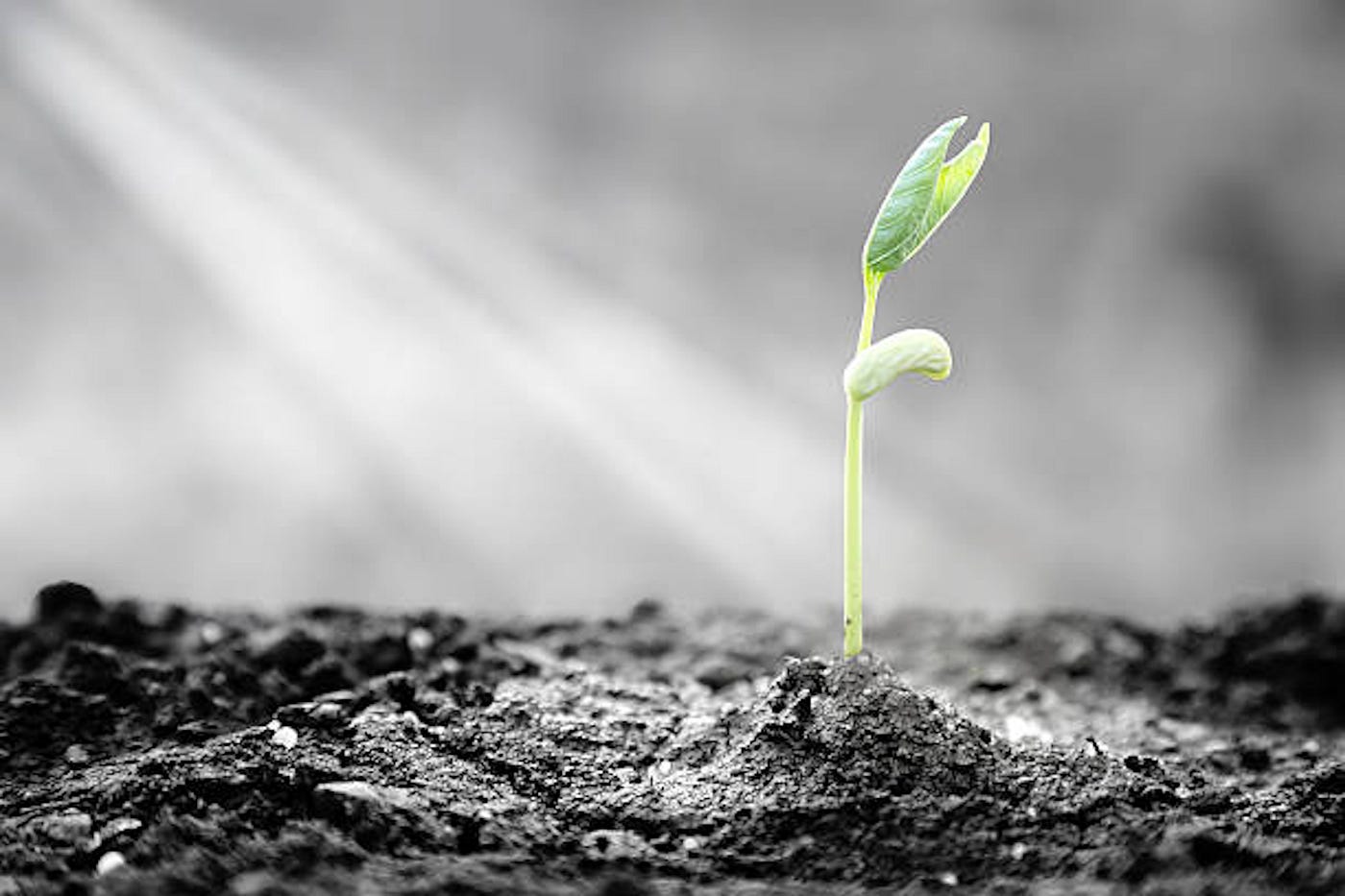Read Dr. Mara’s latest blog:
Holding Onto Hope — in Spite of The Doctor Who Gave Up:
The Sad Truth About Health Care and the Elderly
“Clear-eyed, hope gives us the courage to confront our circumstances and the capacity to surmount them.” ~ Jerome Groopman, M.D
I’ve recently returned from Yonkers, New York, where I had an eye-opening experience with the healthcare system while my 92-year-old mom was in the hospital for an entire month. I flew up to New York from Texas to support her and to help advocate for her healthcare. My brother, who is local to her, was also there to support her. However, this became a much more difficult feat when the attending physician gave up hope after a short period of time and actually stated his intention to take away my family’s hope of my mom’s recovery.
The Sad Truth About Health Care and the Elderly

“Clear-eyed, hope gives us the courage to confront our circumstances and the capacity to surmount them.”
~ Jerome Groopman, M.D
I’ve recently returned from Yonkers, New York, where I had an eye-opening experience with the healthcare system while my 92-year-old mom was in the hospital for an entire month. I flew up to New York from Texas to support her and to help advocate for her healthcare. My brother, who is local to her, was also there to support her. However, this became a much more difficult feat when the attending physician gave up hope after a short period of time and actually stated his intention to take away my family’s hope of my mom’s recovery.
When we sounded like we might be faltering in our hope, he stated, “I’m so glad. I’ve done my job to convince you not to have false hope.”
This was in spite of clear evidence that all potential for recovery was not, in fact, gone, even if not guaranteed. By his own admission, the attending physician said that it could “go either way.” Unfortunately, he also set the tone for other medical practitioners at the hospital involved in her care. This added a significant obstacle to her recovery.

Maintaining Hope
“Hope is the belief that the future will be better than today and that I have the power to make that so, to see that future, potentially, come true,” said Dr. Chan Hellman, research psychologist, Founding Director of the Hope Research Center at the University of Oklahoma, Tulsa, when he appeared on my radio show to discuss his book, Hope Rising: How the Science of Hope Can Change Your Life.
“Hope is grounded in three simple ideas: goals, pathways, and willpower. Goals are the cornerstone of our capacity for hope….From the moment we wake up until the moment we go to bed, we are pursuing goals in our lives. The question is whether or not we have the pathways, that is the roadmap, that we can identify in how we’re going to pursue, and potentially achieve, those goals. Pathways thinking is our ability to identify barriers and to engage problem solving to, either, overcome those barriers or to find alternative pathways. And then the third component is willpower. And that is really the motivational piece of hope. It is our ability to focus our attention and intention on those pathway pursuits.”
Because of the support I received from trusted friends and colleagues in the medical field, who are knowledgeable of my mom’s medical condition, and who maintained that there was still a possibility for her recovery, I did not give up hope. I kept fighting for her to receive more treatment and to keep hope alive in my family.
With my own hope firmly in place, I was also able to continue to support my mom’s obvious strong life force and desire to recover, which, I believe, was a critical piece in her recovery. We finally bypassed the hope-robbing doctor and worked directly with the specialists, who were willing to push harder in the treatment. My mom clearly stated that she wanted the treatment, in spite of some temporary discomfort it might cause.
The outcome of that extra push has been incredible, better than we ever imagined it could be. My mom was out of the hospital just over a week following that increase in treatment and is now feeling better and enjoying life more than she has in a long time. Two of her biggest concerns are picking which social activities to attend and making friends. She will be turning ninety-three soon, and we are planning a celebration — a big one!
Burned Out Physicians
It has been found that physicians who have to deal with death on a constant basis become burnt-out and tend to lose their ability to hope, even in situations that are objectively not hopeless, but that might require more work to overcome the obstacles and in which success is not guaranteed. There has been research into the phenomenon of burnout, showing that this has become an epidemic among healthcare providers, including physicians.
“Broadly speaking, burnout is a combination of exhaustion, cynicism, and perceived inefficacy resulting from long-term job stress,” Thomas P. Reith, in his article, “Burnout in United States Healthcare Professionals: A Narrative Review.” The research shows that it’s detrimental to patient care and, according to Reith, over one-half of physicians and one-third of nurses were experiencing symptoms at the time of his article in 2018.
In more recent research, “Burnout Among Healthcare Workers in the COVID 19 Era: A Review of the Existing Literature,” Carlo Giacomo Leo and his associates noted that the incidence of burnout among healthcare workers had increased significantly during the pandemic.
There are any number of reasons that my mom’s attending physician tried to steer us away from hope. It could have been burnout, his own lack of his ability to hope, or a bias about elderly patients, which I have witnessed myself in my professional role with the elderly within the healthcare system. Many medical professionals, health care facility administrators, and administrators of the health care reimbursement tend to see it as a waste of resources to spend too much time and money on treating someone in their last years of life. And, as we experienced, there can be a push for hospice before it’s appropriate given that the person is not dying, the possibilities for successful treatment have not been exhausted, and the patient wants to live. There’s also a tendency to confuse communication difficulties for dementia so that the patient is not directly asked by the healthcare team what they desire, believing they are not competent to answer that question.
I don’t know which or any of these were the cause of this particular doctor’s behaviors, but it is very concerning, no matter the reason because many families and/or patients are more likely to take his word because of his position of authority. Then they’ll give up hope and not push for increased treatment when there is a chance it might work. The patients may die as a result when there might have been a chance for a more positive outcome.
I am certainly not antidoctor, but doctors are humans and not gods, and so, it’s best not to allow one single doctor to be “the captain of the ship,” as this doctor angrily proclaimed he was in one of our phone conferences. Healing calls for a team approach, requiring other medical practitioners to weigh in, as well as understanding that the family and the patient are also important members of the team.
Encouraging hope when there is even the slightest chance of recovery is very powerful for creating a positive outcome.
Jerome Groopman, M.D., one of the world’s leading researchers of cancer and AIDS, author of the bestseller, The Anatomy of Hope: How People Prevail in the Face of Illness, writes, “I had learned…that every patient has the right to hope, despite long odds, and it was my role to help nurture that hope.”
My four-week experience was traumatic and still brings up a lot of emotion that I’m still processing, not the least of which is anger. But, at the same time, I have incredible gratitude for the outcome, for those who supported that outcome, and my ability to maintain my hope in the face of the many obstacles along the path.
When I focus my attention on my gratitude, I can see and believe we have power, even at the most difficult of times. I feel inner peace, and I’m able to look forward with optimism and joy. Additionally, I’m motivated to remind the world not to give up on the inner strength of someone whose body might look frail and weak.
Please stay tuned for my upcoming blog series of what I learned from my experiences, including maintaining hope in face of the pressure to give up before its objectively time, creating a support team for times of crisis because, advocating for your loved one’s healthcare, and some tips for taking care of yourself, as a caregiver even in the midst of crisis, in order to remain at your strongest and your best.
And check out Dr. Mara’s Internationally Best Selling Book, The Passionate Life: Creating Vitality & Joy at Any Age, now available on Kindle, Paperback, and Audible!



